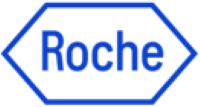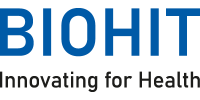Programme
Training Days
Monday 10 June - Microbiology Training Day
Monday 10 June
1.30pm – 2.05pm
Putting together your portfolio of evidence for STP equivalence
Microbiology Training Day
2.05pm – 2.15pm
Portfolio Preparation for HCPC registration: a microbiology trainee perspective
Microbiology Training Day
2.15pm – 3pm
Immunology for clinical scientists – exploring immunodeficiencies and autoimmune mimics of infection
Microbiology Training Day
3.15pm – 3.45pm
Undertaking infection research in the NHS – pathways, ethics, how to combine research into your training
Microbiology Training Day
3.45pm – 4.30pm
Common Microbiology/Virology cases from Primary Care
Microbiology Training Day
Conference
LabMedUK24 on 11 and 12 June has been accredited by the Royal College of Pathologists for up to 11 CPD points.
Tuesday 11 June
Faecal testing
Parallel session
Myeloma
Parallel session
Wednesday 12 June
9.30am – 11am
Mass spectrometry in the clinical laboratory - is metabolomics the next big thing?
Parallel session
Home self-testing
Parallel session
11.30am – 1pm
Specialist endocrinology: new test, new method, new evidence
Parallel session
Artificial intelligence and machine learning: what are the implications for our practice in laboratory medicine?
Parallel session








